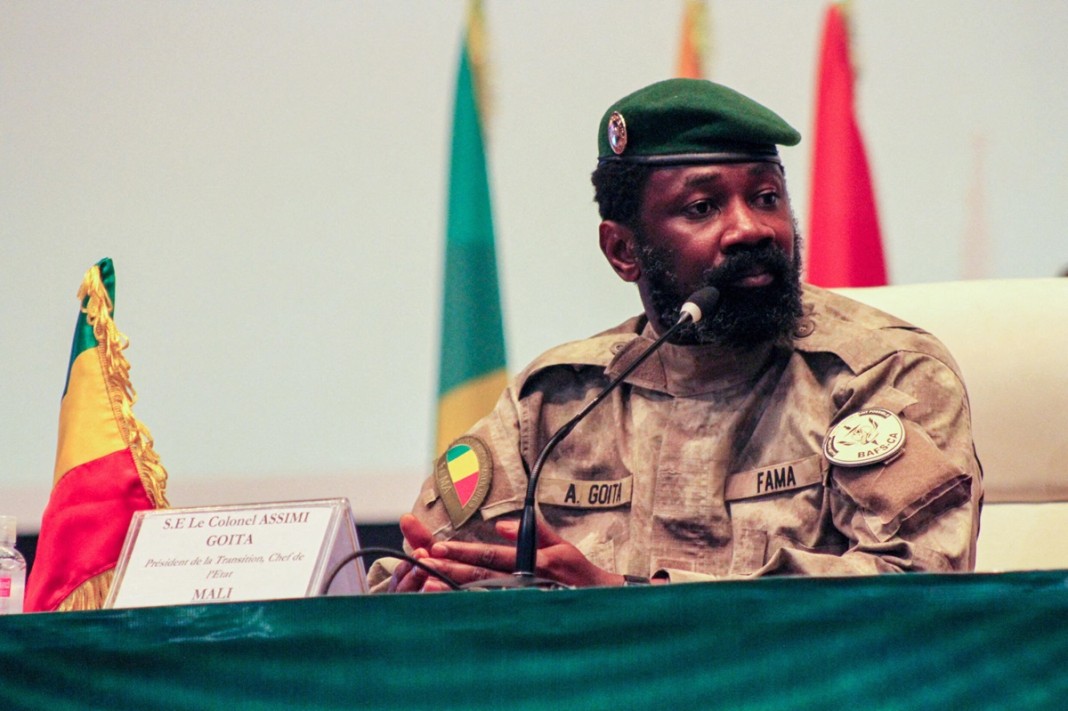Mali’s Military Junta Dissolves All Political Parties Amid Growing Repression
Bamako, Mali – 14 May 2025
Mali’s ruling military junta has formally dissolved all political parties in the country, marking a major escalation in its authoritarian grip on power. The announcement was made via state television on Tuesday, with confirmation that junta leader Colonel Assimi Goita had signed off on the sweeping decree.
The decision comes just weeks after a national dialogue forum—largely boycotted by key opposition actors—recommended both the dissolution of political parties and the extension of Goita’s rule through a five-year presidential mandate.
Crackdown on Dissent
The move follows a series of anti-junta protests in the capital, Bamako, on May 3 and 4, where hundreds of demonstrators rallied with placards reading “Down with dictatorship, long live democracy”, demanding a return to multi-party elections.
In response, the junta suspended all political activities nationwide ahead of a planned May 9 protest, effectively silencing opposition voices and forcing groups to cancel their demonstrations.
Disappearance of Opposition Figures
The political clampdown has coincided with a wave of arrests and disappearances of opposition leaders, raising concerns about escalating human rights abuses.
On Thursday, Human Rights Watch reported that Abba Alhassane, secretary general of the Convergence for the Development of Mali (CODEM), was abducted by masked gunmen identifying themselves as gendarmes. On the same day, El Bachir Thiam, leader of the Yelema party, was also reportedly seized by unidentified individuals in Kati, near Bamako.
Background: Coup and Broken Promises
Colonel Goita first seized power in August 2020 amid growing frustration with government failure to contain armed jihadist groups linked to ISIS and al-Qaeda. He led a second coup in 2021 to consolidate control.
Despite promising to hold elections by February 2022, the junta has repeatedly delayed the transition to civilian rule, citing security concerns and the need for political reform.
Regional and International Reaction
The junta’s latest move is expected to further strain relations with ECOWAS, the regional bloc that has already been grappling with Mali’s withdrawal, alongside Niger and Burkina Faso, from its ranks earlier this year.
So far, there has been no formal reaction from ECOWAS or the African Union to Tuesday’s announcement, but diplomats and analysts warn that the complete dismantling of political pluralism could lead to increased isolation and deeper instability in the region.
As Mali slides deeper into authoritarianism, fears are mounting that opposition figures will continue to face repression or worse, and that prospects for democracy in the Sahel nation are fading rapidly.


